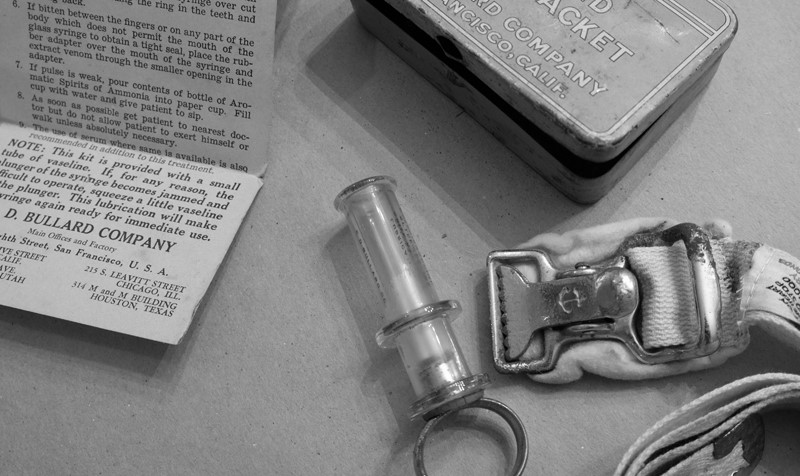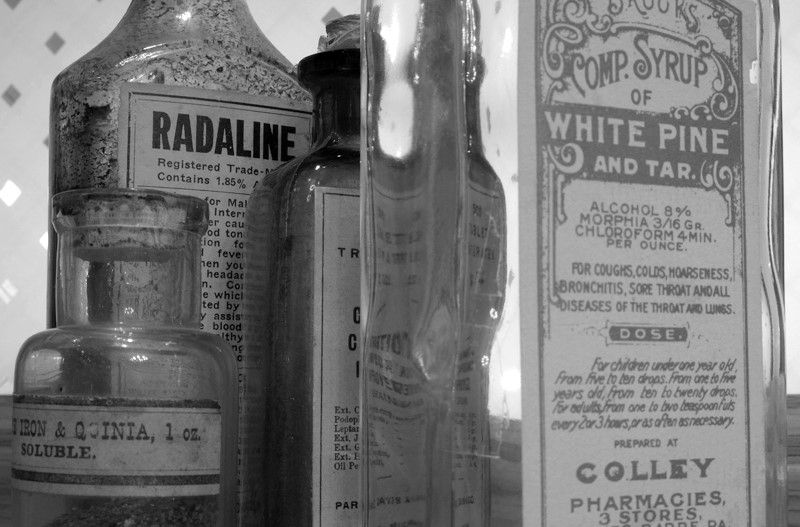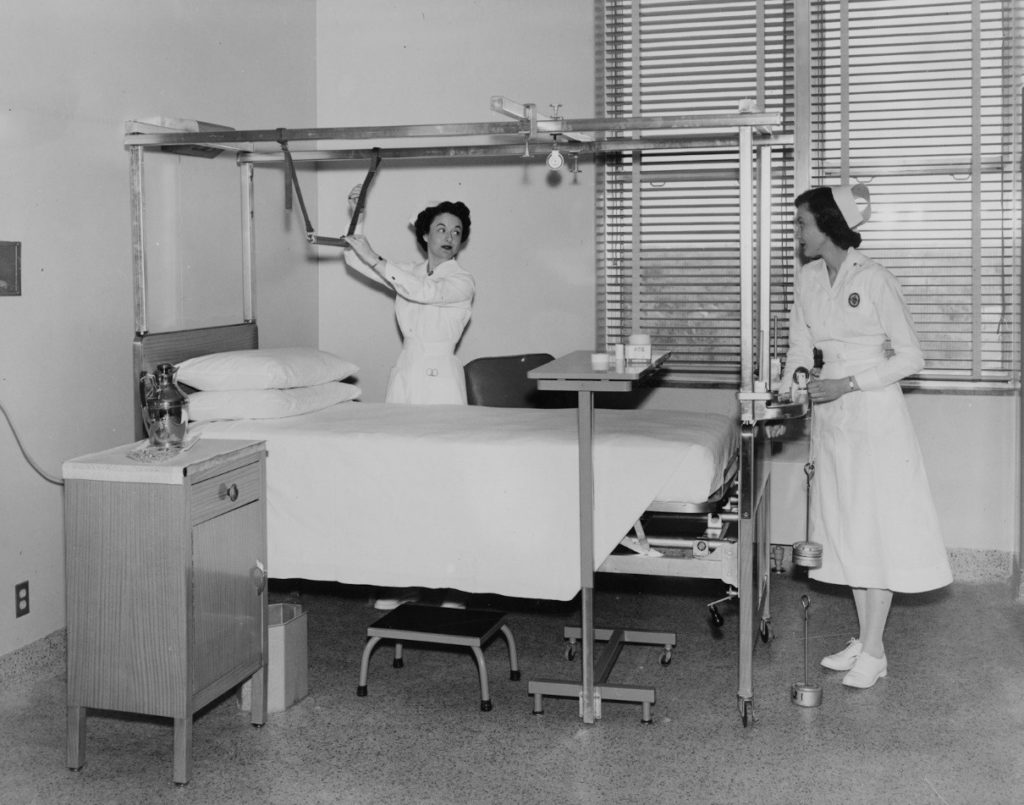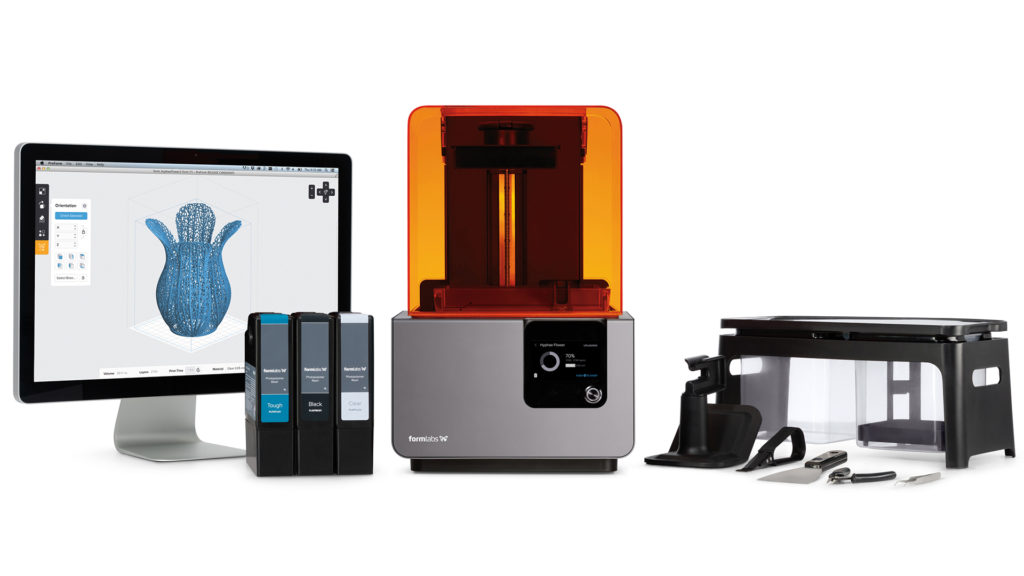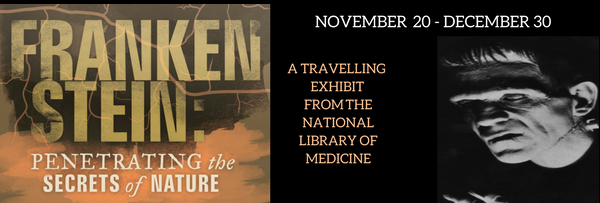
The UT Southwestern Health Sciences Digital Library & Learning Center is pleased to host Frankenstein: Penetrating the Secrets of Nature, a six-panel traveling exhibition that explores the birth of the novel Frankenstein, Mary Shelley’s life, connections to medicine and science in her time, and how Frankenstein continues to resonate into the 20th century and beyond. Frankenstein was first published anonymously in 1818, with revised editions attributed to Shelley in 1822 and 1831. The 1831 edition is the version most widely read.
The exhibit will be on display for the UT Southwestern community until December 30, 2017. This physical exhibition also has publicly-available online components, including web pages for each of the six panels, higher education class modules, a curator’s bibliography, and even an NPR interview with an illustrator about adapting Frankenstein for a graphic novel.
The National Library of Medicine, National Institutes of Health developed and produced this exhibition. This exhibition has been adapted from early exhibitions including the National Library of Medicine installation (1997-1998) and the American Library traveling exhibition (2002-2012). It was guest curated by Susan E. Lederer, Ph.D. (Robert Turell Professor of Medical History and Bioethics, University of Wisconsin-Madison).

